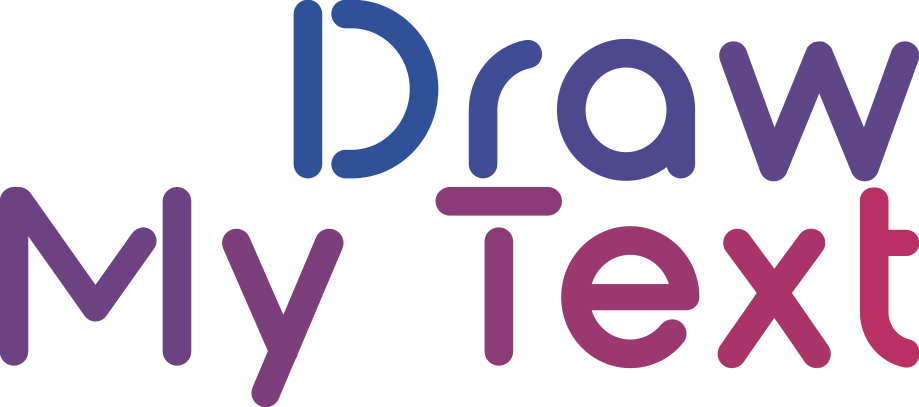
Exploring the Bounds of Imagination with Generative AI in Fiction Writing
January 30, 2024
Interactive AI with Generative Models: Transforming Digital Narratives
February 1, 2024Hi there, fellow health enthusiast! Ever wonder how artificial intelligence is revolutionizing the world of healthcare? Let me guide you through a fascinating journey where we’ll explore the role of generative models in transforming the industry. I promise to keep things light, insightful, and packed with the latest trends in AI-Driven Healthcare: Understanding the Role of Generative Models.
The Emergence of Generative AI in Healthcare: A Modern Marvel
Healthcare has always been a field that thrives on innovation. With the advent of generative AI, we’re witnessing a surge in capabilities that once seemed like pure science fiction. These intelligent algorithms are designed not just to analyze data, but to create new, synthetic instances of it, unveiling unprecedented opportunities for personalized medicine, drug development, and more.
In the landscape of generative ai in healthcare, one of the most buzzworthy applications is the development of personalized treatment plans. Generative models can simulate countless variations of a patient’s condition to predict the most effective therapeutic approaches. This not only boosts treatment efficacy but also significantly cuts down on trial and error.
Another area where generative models shine is in drug discovery. By simulating molecular structures and their interactions, AI enables researchers to identify promising compounds in a fraction of the traditional timespan. It’s like having a virtual chemistry lab at your fingertips, where the test tubes are lines of code, and the experiments never have to stop.
Real-World Impact: Generative AI’s Clinical Breakthroughs
Now, how about some real-world examples? One area where generative models are making waves is in medical imaging. AI algorithms have been trained to generate high-quality, synthetic medical images that can be used for training or enhancing the performances of diagnostic tools. For instance, AI-generated CT scans are helping radiologists spot abnormalities with greater accuracy.
On the genomics front, generative models help decipher the complex language of DNA, making sense of genetic patterns that could indicate a predisposition to certain diseases. This sort of analysis is invaluable for early detection and preventive health strategies.
Moreover, in mental health, generative AI is used to tailor therapeutic interventions based on an individual’s specific needs and responses, offering personalized conversation agents that can adapt to the emotional state of the user. The convergence of compassionate care and cutting-edge technology is truly something to behold.
Unleash Your Creative Side with Generative AI 🎨
If you’re as captivated by the promise of generative models as I am, you’ll love DrawMyText. It’s a premium text-to-image generation platform that turns your written words into stunning visuals. And guess what? It’s incredibly easy to use and surprisingly affordable. Check out the pricing and features to get started on your own generative AI journey!
Challenges and Ethical Considerations in Generative AI Healthcare
Of course, the road to AI-driven health utopia isn’t without bumps. Challenges such as data privacy, biased algorithms, and the need for robust regulatory frameworks are hot topics. How do we ensure the generative ai in healthcare serves everyone fairly and respects patient autonomy and confidentiality?
Furthermore, the ethical implications can’t be overstated. As generative models produce synthetic data that’s ever more lifelike, the boundary between real and generated data blurs, which brings its own set of dilemmas. Transparency in AI development and application is crucial to maintain the trust of both healthcare providers and patients.
Despite these challenges, the future looks bright as collaborative efforts between technologists, healthcare professionals, and policy-makers are paving the way for a healthcare system enhanced by AI, rooted in ethical practices, and accessible to all. Let’s harness this power responsibly, shall we?
We’re Just Getting Started! 🚀
Thank you for joining me on this eye-opening exploration into the world of AI-Driven Healthcare: Understanding the Role of Generative Models. It’s clear that generative AI is set to reshape healthcare as we know it—making it more efficient, personalized, and predictive. I’m thrilled to be part of this transformation and can’t wait to see what the future holds.
Remember to stay curious, open-minded, and informed. The synergy between technology and healthcare is evolving rapidly, and there’s so much more to learn. Till next time, keep nurturing your health and intellect!
If this article sparked your interest, don’t forget to subscribe for more insights and updates. And yes, let that creativity flow with DrawMyText. I can’t wait to see what you come up with! Take care, and here’s to a healthier, AI-powered world! 😊🌏
Frequently Asked Questions (FAQs)
What are generative models in AI?
Generative models are a class of AI algorithms trained to generate new data that is similar but not identical to the data on which they were trained. They can produce completely new content—from synthetic images to novel drug compounds—opening up vast possibilities in various domains, including healthcare.
How is generative AI utilized in drug discovery?
Generative AI accelerates drug discovery by simulating the properties of potential drug molecules and predicting their interactions with biological targets. This helps identify viable candidates early on, significantly reducing the time and cost associated with traditional drug development processes.
Can AI-generated medical data be trusted?
While AI-generated medical data shows great promise, it’s crucial to validate its accuracy and reliability through rigorous testing and cross-checks with real-world data. AI has the potential to augment human expertise but should be used as a tool that complements rather than replaces the judgment of healthcare professionals.
What are the ethical considerations for generative AI in healthcare?
Ethical considerations include issues regarding patient consent, data privacy, the potential for algorithmic bias, and ensuring equitable access to AI-driven healthcare solutions. Ongoing dialogue and regulation are needed to address these concerns in a way that promotes the responsible use of AI.
What’s next for AI-driven healthcare?
The future of AI-driven healthcare is poised for significant growth, driven by advancements in AI research, increased data availability, and the integration of AI tools into clinical workflows. As AI continues to evolve, it’s expected to enable more predictive, preventative, and personalized healthcare experiences.
Keywords and related intents:
Keywords:
1. AI-Driven Healthcare
2. Generative Models
3. Personalized Medicine
4. Drug Development
5. Medical Imaging
6. Genomics
7. Mental Health
8. Data Privacy
9. Ethical Considerations
10. Drug Discovery
Search Intents:
1. How AI is transforming healthcare
2. The role of generative models in healthcare
3. Benefits of AI for personalized treatment plans
4. AI’s impact on the drug development process
5. Generative AI applications in medical imaging
6. Use of generative models in genomics
7. The use of AI in mental health treatment
8. Privacy concerns with AI in healthcare
9. Ethical considerations in the use of healthcare AI
10. The future of drug discovery with generative AI
#generative ai in healthcare
#AIDriven #Healthcare #Understanding #Role #Generative #Models


